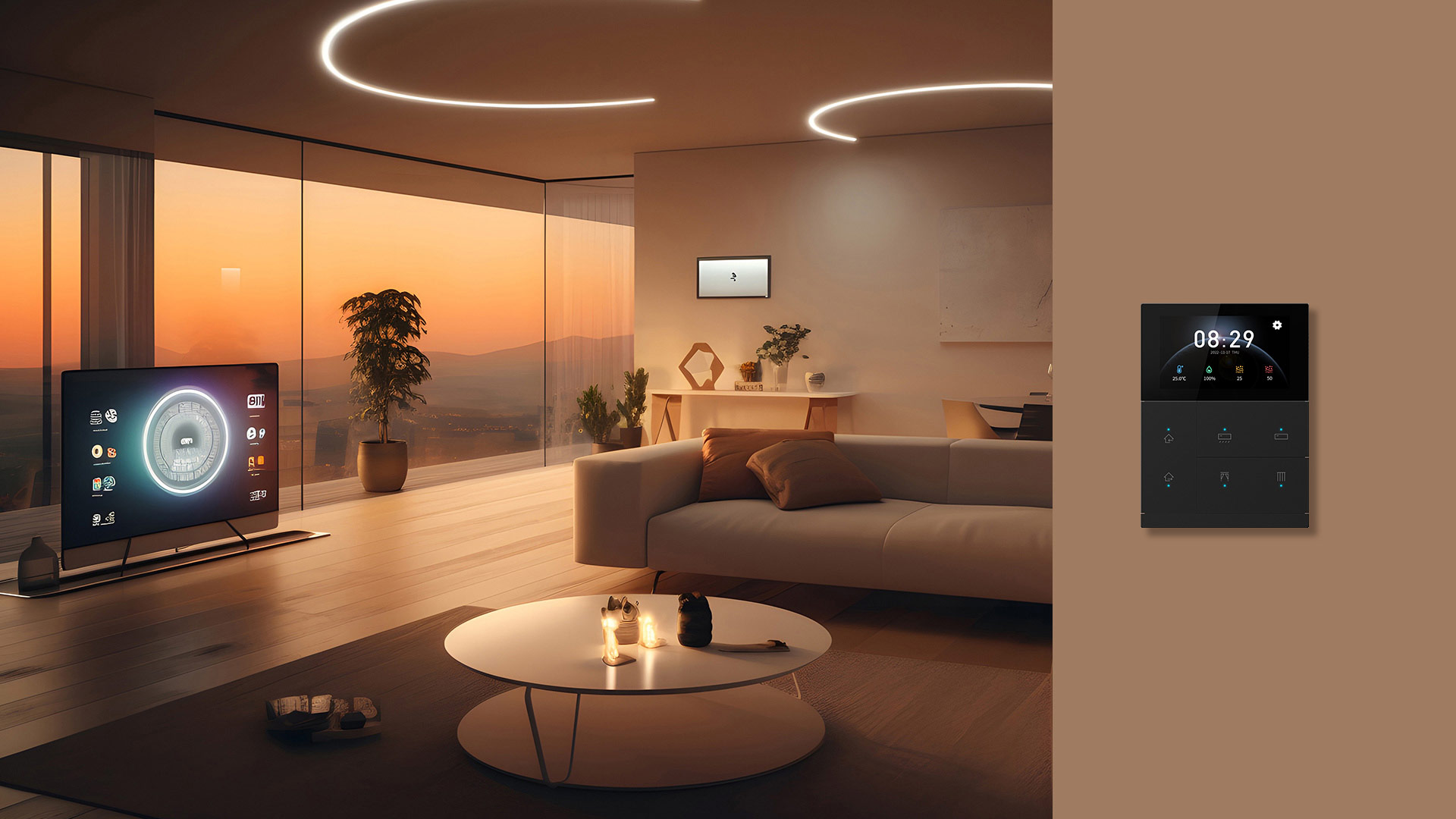In recent years, the concept of smart home automation has gained significant traction, transforming the way we interact with our living spaces. With advancements in technology and the increasing integration of artificial intelligence, the future of smart home automation holds immense potential. This article explores the various aspects of smart home automation and its implications for the future, highlighting its benefits, challenges, and the transformative impact it will have on our daily lives.
- Enhanced Convenience and Efficiency:
Smart home automation offers unparalleled convenience and efficiency by seamlessly integrating various devices and systems within our homes. From voice-controlled assistants to automated lighting, heating, and security systems, the future of smart homes promises a more streamlined and effortless living experience. Imagine waking up to a house that adjusts the temperature, brews your coffee, and opens the blinds automatically. - Energy Efficiency and Sustainability:
One of the key advantages of smart home automation is its potential to significantly reduce energy consumption and promote sustainability. With smart thermostats, energy-efficient appliances, and intelligent lighting systems, homeowners can optimize energy usage, reduce utility bills, and minimize their carbon footprint. The future of smart homes will prioritize eco-friendly solutions, contributing to a greener and more sustainable future. - Improved Safety and Security:
Smart home automation offers advanced security features that enhance the safety of our living spaces. From smart locks and surveillance cameras to motion sensors and alarm systems, homeowners can remotely monitor and control their homes, ensuring peace of mind even when away. The future of smart homes will integrate biometric authentication, facial recognition, and AI-powered algorithms to provide robust security measures. - Health and Wellness Integration:
The future of smart home automation will extend beyond traditional home management to prioritize health and wellness. With the integration of wearable devices, smart appliances, and personalized health monitoring systems, smart homes will actively contribute to our well-being. Imagine a home that adjusts lighting and temperature based on your circadian rhythm, or a refrigerator that suggests healthy meal options based on your dietary preferences. - Challenges and Considerations:
While the future of smart home automation is promising, there are challenges that need to be addressed. Privacy and data security concerns are paramount, as the collection and storage of personal data become more prevalent. Interoperability and compatibility issues among different devices and platforms also need to be resolved to ensure a seamless user experience. Additionally, the cost of implementing smart home automation systems may be a barrier for some homeowners.
Conclusion:
The future of smart home automation holds immense potential to revolutionize the way we live. With enhanced convenience, energy efficiency, safety, and wellness integration, smart homes will become an integral part of our daily lives. However, addressing challenges related to privacy, data security, and interoperability will be crucial for widespread adoption. As technology continues to advance, the smart home of the future will undoubtedly transform our living spaces, making them more intelligent, intuitive, and personalized.
